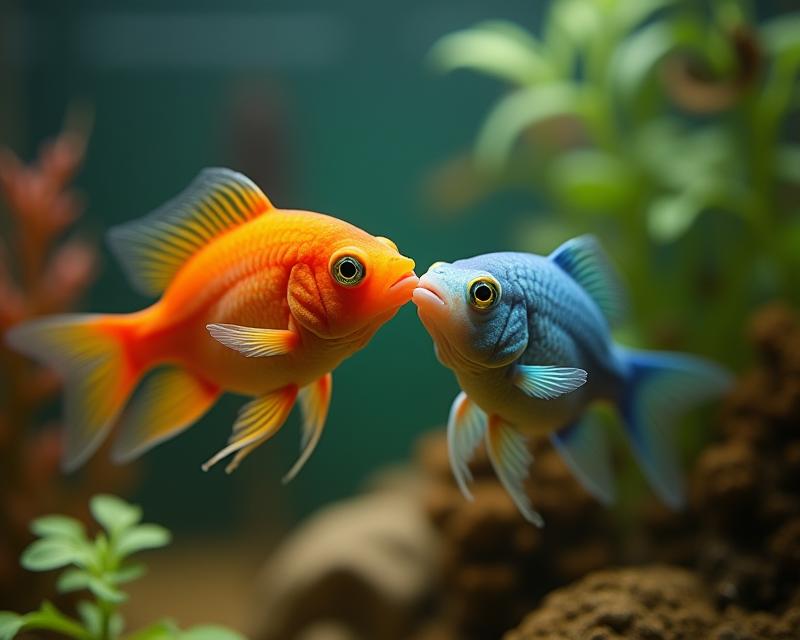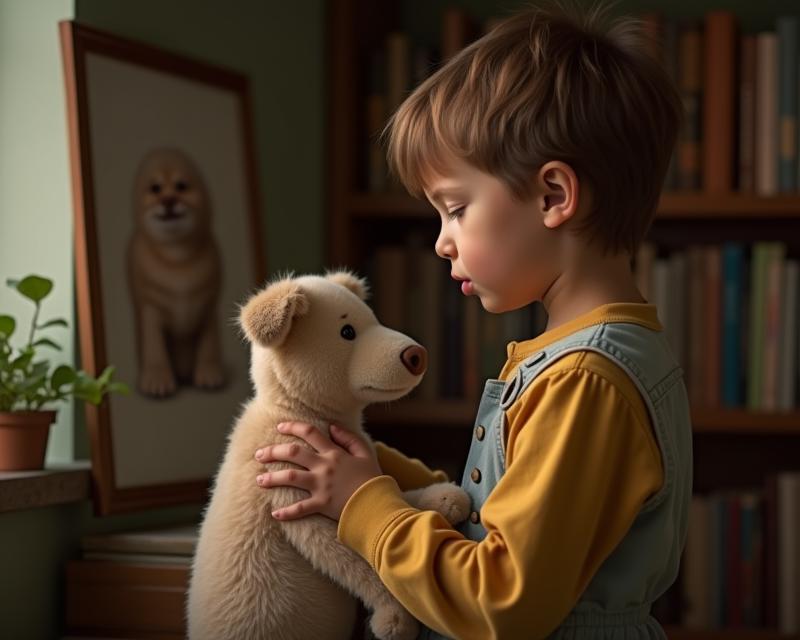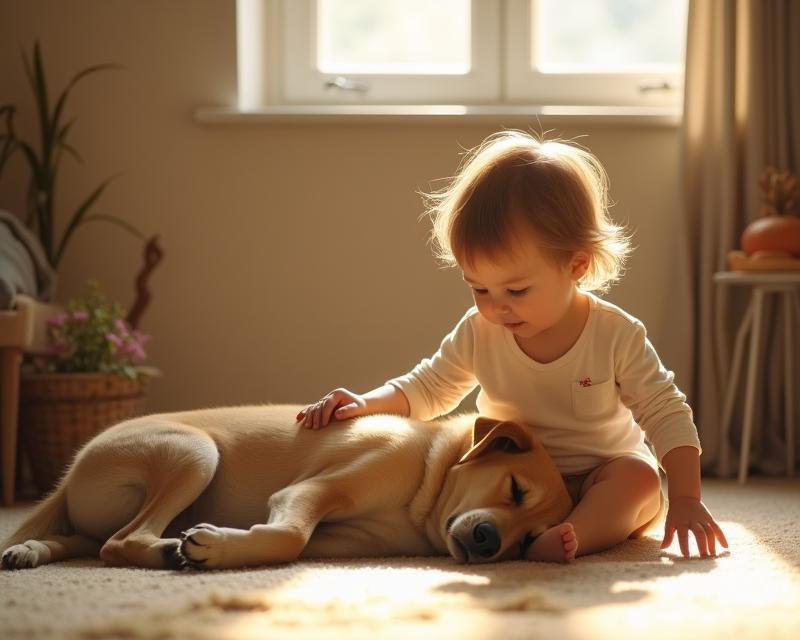Fishy Feelings: Jealousy in Fish!
Publish in General Care el 28/06/2025 18:44
Is Your Fish Feeling Left Out? Understanding Jealousy in Aquatic Pets
We often think of jealousy as a human emotion, but guess what? Our finned friends can experience it too! While it might seem strange, fish can exhibit signs of jealousy when they feel their owner's attention is being directed elsewhere, especially in a temporary environment like a foster setup. Understanding this behavior can help you provide a happier and more stress-free experience for your aquatic companions.

What Does Fish Jealousy Look Like?
It's not always obvious, but there are several ways your fish might show they're feeling jealous. You might notice increased fin nipping at tank mates, especially if the attention is focused on a new pet or person. They might also become less active, hiding more often, or even refusing to eat. Some fish may display aggressive behaviors towards tank mates, attempting to position themselves between you and the source of the attention. Changes in coloration can also be a sign of stress and jealousy, with some fish appearing duller than usual.
Why Do Fish Get Jealous?
Fish are social creatures, even if their social structures are different from ours. They form bonds with their tank mates and can become accustomed to a routine of interaction with their owner. When that routine is disrupted – say, by a new pet arriving or a busy week at work – it can cause stress and feelings of displacement. In a foster situation, the sudden change in environment and the presence of unfamiliar animals can be particularly upsetting. They might perceive the new animal or person as a threat to their place in the social hierarchy of the tank, or simply feel neglected.
What Can You Do to Help?
Fortunately, there are things you can do to minimize jealousy in your fish. First, maintain a consistent routine. Try to feed them at the same time each day and spend a little time observing them regularly. When introducing new pets or people, do so gradually and allow your fish to adjust to the changes at their own pace. Provide plenty of hiding places within the tank – plants, rocks, and decorations – to give them a sense of security. And most importantly, make sure to dedicate some focused attention to your fish each day, even if it's just a few minutes of observation. A little extra love and attention can go a long way in easing their anxieties and preventing jealous behavior. Remember, even though they can't verbally express themselves, your fish are sensitive and responsive to your care and attention!
- Provide plenty of hiding places.
- Maintain a consistent feeding schedule.
- Introduce new pets/people gradually.
- Dedicate time for observation and interaction.





